Understanding the Importance of Activities of Daily Living in Senior Health
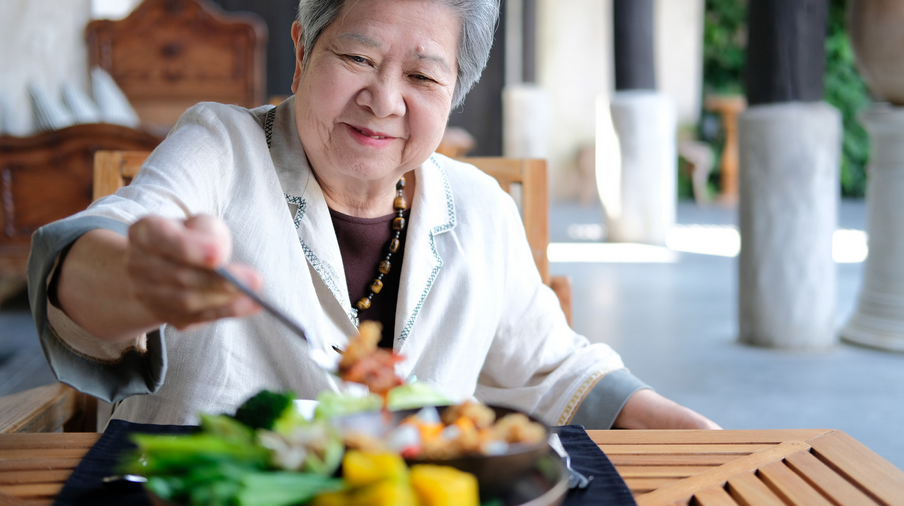
As we age, it is essential to recognize the significance of Activities of Daily Living (ADLs) in seniors’ overall health. ADLs are basic self-care activities required for normal functioning in everyday life and are a vital component of independence and health in elderly individuals. From basic mobility to nutrition and personal care, seniors must be able to engage in ADLs to maintain their health and quality of life.
Unfortunately, as people age, they can experience a decline in physical abilities, diminishing their ability to perform these activities. Therefore, it is crucial to understand the importance of ADLs in the aging process so seniors can stay healthy, safe, and independent for as long as possible.
In this blog post, we’ll explore the importance of the Activities of Daily Living (ADLs) in senior health and discuss strategies to help seniors stay active and engaged.
Definition of Activities of Daily Living
Activities of Daily Living (ADLs) are basic daily tasks that allow individuals to care for themselves and live independently. ADLs include bathing, dressing, eating, using the toilet, and transferring from a bed to a chair.
ADLs are essential for maintaining an independent lifestyle, as well as for protecting the health and well-being of individuals. In addition to helping individuals maintain their independence, ADLs can also help to prevent falls, medication errors, and other health problems that can occur when activities of daily living are not completed properly. The ability to complete ADLs is vital in determining a person’s level of independence and overall quality of life.
Activities of Daily Living: 6 Essential Skills
Activities of Daily Living are essential skills necessary to engage in everyday life. These activities, which include basic self-care, are crucial for everyone, regardless of age or health, to maintain independence and quality of life. There are six essential skills, which are as follows:
1. Bathing
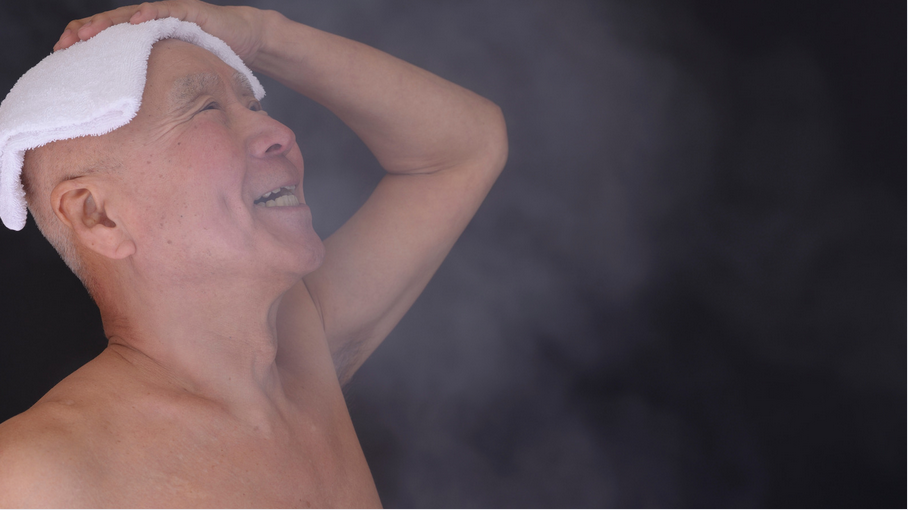
Bathing is an integral part of daily life, essential to physical, mental, and emotional well-being. It is crucial that you maintain good hygiene and take care of yourself properly. Bathing goes beyond personal hygiene; your body and mind benefit greatly. Make sure to set aside time for a warm shower or bath daily. Taking the time to practice self-care and proper hygiene is vital for your overall health and well-being.
2. Toileting
Toileting is one of the essential activities of daily living, and it involves many skills. These include dressing appropriately, accessing the necessary toileting equipment, using the toilet independently and safely, maintaining personal hygiene, and cleaning up afterward. It may sound like a simple task, but it requires a considerable amount of skill and coordination and the ability to practice these skills regularly.
People with difficulty with toileting may need to use assistive devices or receive additional training to become more independent. It is essential to stay consistent with toileting habits and practice good hygiene to maintain overall health and well-being.
3. Continence
The ability to control one’s bathroom habits is an important activity of daily living. This includes the ability to maintain urinary and fecal continence, as well as the ability to maintain good hygiene habits. This can consist of recognizing and responding to the urge to use the bathroom and maintaining good personal hygiene. For those with medical conditions or disabilities, fecal incontinence products such as pads, diapers, or catheters may be required to help maintain continence.
4. Feeding Yourself
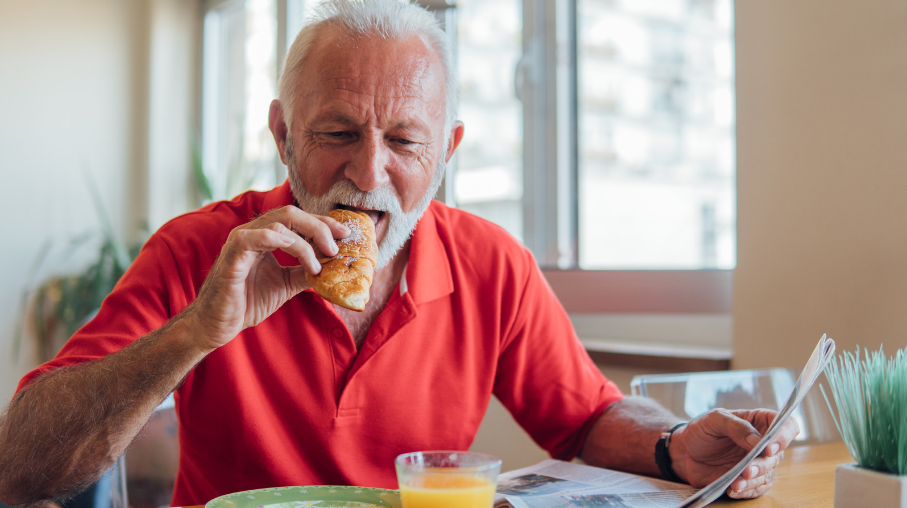
It is a fundamental daily activity that we often take for granted. It is essential to be able to identify and prepare meals that are healthy and nutritious, as well as be able to recognize when you are full and satisfied. This skill entails purchasing groceries, operating kitchen appliances, measuring ingredients, and using kitchen utensils. It is also important to practice safe food handling and storage and be aware of how long food can stay fresh and stored properly.
5. Dressing
Being able to dress oneself involves selecting comfortable clothing that meets the environment’s needs. It also requires the individual to possess fine motor skills and coordination to manage buttons, zippers, and other fasteners.
Dressing requires problem-solving abilities to find clothes that fit properly, can be maintained with minimal effort, and are within budget. It is also important to note that dressing can affect a person’s physical and mental health.
6. Mobility
Mobility is a critical skill that is necessary for a person to be able to manage their day-to-day life independently. It involves being able to move around safely in the environment, whether in the home or public and includes activities such as walking, climbing stairs, and getting in and out of bed. Mobility also includes using various forms of transportation, such as cars, buses, or even bicycles.
Additionally, it may involve using assistive devices such as canes, walkers, and wheelchairs. Practicing and maintaining one’s mobility is essential for staying independent and healthy.
The Benefits of Activities of Daily Living
Activities of Daily Living (ADLs) are essential for physical and mental health and overall well-being. ADL skills are a part of who we are and a part of nature. There are many ways to appreciate ADLs’ importance and their benefits. They include:
1. Improved Physical and Mental Health
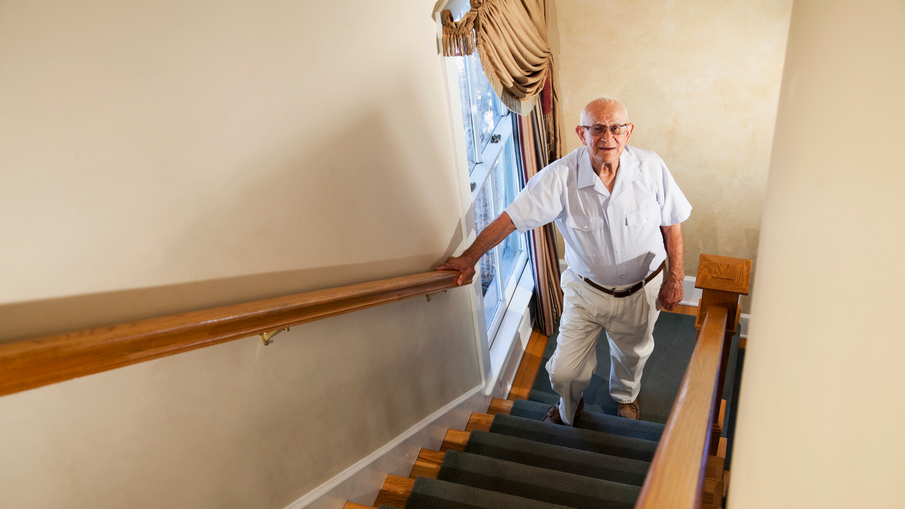
Doing activities of daily living (ADLs) has many benefits for physical and mental health.
Physically, engaging in ADLs can help to strengthen the muscles used for everyday tasks, such as walking, climbing stairs, or lifting objects. This can help to prevent injuries associated with falls or other accidents. When one is physically active, their energy levels and stamina can increase, helping to make day-to-day tasks easier.
Mentally, engaging in ADLs promotes feelings of independence and self-worth. Completing everyday tasks on one’s own can build confidence and a sense of accomplishment.
Doing ADLs can help to reduce stress, anxiety, and depression and promote positive emotional well-being.
2. Increased Strength and Mobility
Regularly performing ADLs can help build muscle strength and tone and improve our balance and coordination, thus reducing the risk of falls. Regular exercise is also important for improving our overall physical fitness and helping reduce the symptoms of chronic conditions.
Additionally, ADLs can help improve our overall mobility and flexibility, which can be especially beneficial for the elderly or disabled. Regularly performing ADLs allows us to maintain most of our physical abilities for an extended time, keeping ourselves independent and preventing the need for institutional care.
3. Improved Emotional Well-Being
Regularly engaging in laundry, cooking, or cleaning activities can help reduce stress, improve mood, and increase satisfaction and self-worth. By taking the time to perform these activities, we can gain a sense of accomplishment and often find ourselves more relaxed and content with our daily lives. This can be especially beneficial in times of difficulty or uncertainty, as having a routine and structure can provide a sense of stability and security.
Moreover, developing a sense of mastery over the mundane tasks of everyday life can provide a strong foundation of self-esteem and self-confidence. Community involvement can also build a sense of satisfaction, as we can achieve personal goals and accomplish our dreams.
4. Reduced Depression Symptoms
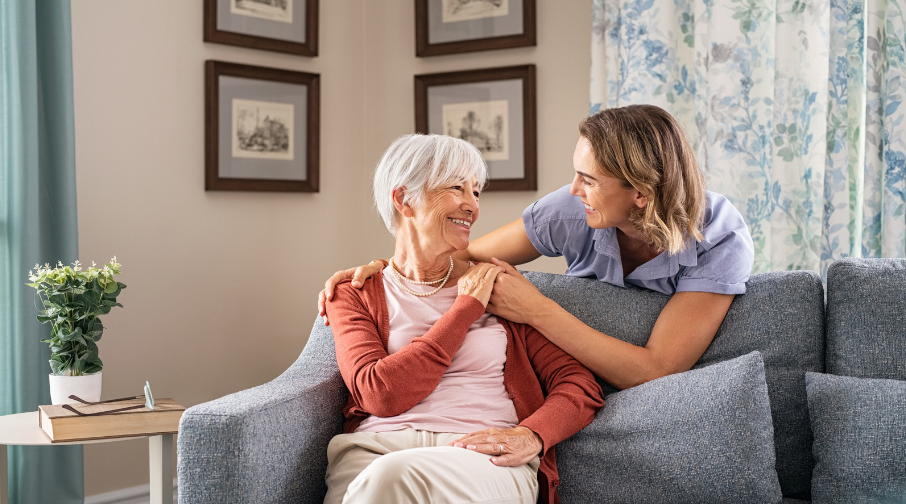
People who regularly participate in activities they enjoy are less likely to develop symptoms of depression, such as feelings of pessimism and hopelessness. This is because these activities can provide a sense of purpose and meaningful social connections with others.
Engaging in activities where one’s physical abilities are challenged can trigger feelings of accomplishment, making it easier to feel motivated and satisfied with life. For people who are elderly or have been diagnosed with a chronic condition, participating in activities that build strength and coordination can help to relieve symptoms of depression while also improving mobility.
5. Boosting Cognitive Function
Through regular engagement in activities of daily living, individuals can improve their concentration and focus, as well as their ability to recall information. This can result in a number of positive outcomes, such as enhanced learning and memory abilities.
Additionally, engaging in mentally challenging activities can help to improve memory function, as well as assist in the development of critical thinking skills. These skills can be essential for older adults who may suffer from cognitive decline and memory loss.
6. Improved Sleep Quality and Quantity
ADLs provide structure and routine to one’s day, allowing individuals to better prepare for restful sleep. Additionally, these activities reduce stress and anxiety, which can interfere with sleep. Through regular, structured daily activities and routines, people can better optimize the amount and quality of sleep they can obtain.
7. Decreased Risk of Injury
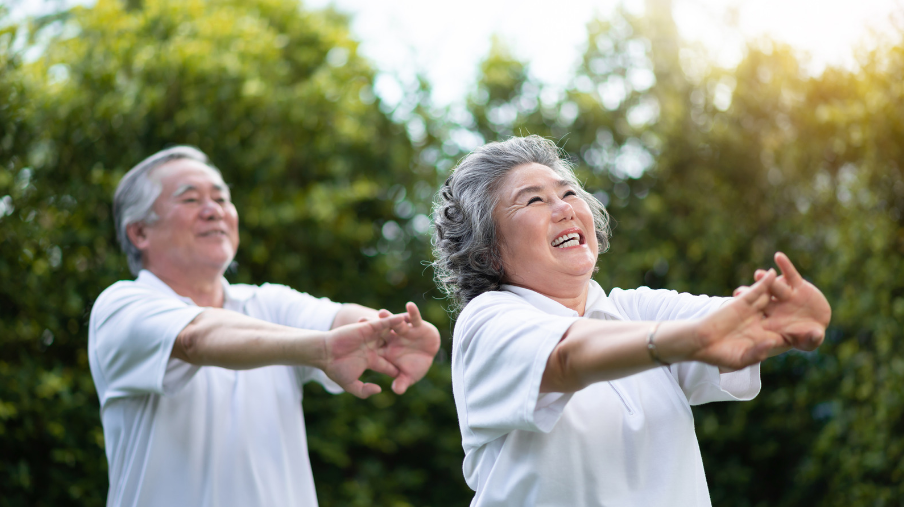
Regularly performing ADLs can be beneficial in reducing the risk of injury. This is because these activities can help to maintain muscle tone and strength, enabling a person to perform daily tasks with greater agility, balance, and durability. This is especially important for older adults at a higher risk of falls and other injuries.
ADLs build endurance, helping reduce the risk of injury caused by overexertion. As such, ADLs are beneficial in helping to maintain overall physical health and reducing the risk of injury.
Conclusion
The activities of daily living are essential for our overall physical and emotional well-being. However, we often need to pay more attention to these activities due to our busy lives and the tendency to focus on other aspects of life. By engaging in ADLs regularly, we can maintain the same quality of life as when we were younger while providing a sense of security and satisfaction in our later years. It is important to take the time to remind ourselves of these benefits and values because it is often easy to become too focused on other aspects of life.
Are you or your elderly loved ones struggling with ADLs? Serenity Senior Care provides skilled, compassionate care and support for seniors in their homes or facilities. We ensure that our senior care programs are both safe and effective.
To learn more about our service and programs, call us today. We are always happy to help!


